Bringing Precision Medicine to Rare Cancer Patients
Using AI to bring better treatment options to rare cancer patients. We're working to ensure that people with rare cancers get the same high-quality, personalized care that's available for more common cancers by using advanced technology to learn from small patient groups and help doctors make better treatment decisions.
OUR MISSION
We will develop AI-driven research infrastructure to accelerate discovery and improve outcomes for rare cancer patients, creating open, collaborative platforms that serve the public interest while advancing precision oncology.
OUR APPROACH
Research-First
Building evidence through rigorous scientific methodology, comprehensive clinical validation, and transparent peer review. We will prioritize sustainable impact over rapid deployment, ensuring every platform we develop meets the highest standards of clinical utility and safety.
Patient-Centered
Every innovation will be guided by real clinical needs and meaningful patient outcomes. We plan to engage directly with patients, families, and healthcare providers to ensure our solutions address genuine gaps in care rather than pursuing technology for its own sake.
Open Science
Collaborative development for maximum impact through shared methodologies, open-source components, and transparent research practices. We believe that advancing rare cancer care requires collective effort and knowledge sharing across institutions and borders.
Public Infrastructure
Sustainable, accessible solutions for all patients regardless of institutional resources or geographic location. Our platforms will be designed as public goods that strengthen healthcare systems rather than create additional barriers or costs.
Current Focus: Osteosarcoma
The Challenge: Adolescent and young adult osteosarcoma affects 400-500 Canadian families annually, yet treatment protocols remain largely unchanged since the 1980s. Patients face treatment decisions with limited evidence-based guidance due to the disease's rarity and genomic complexity.
Our Solution: The Accuratus OncoAI (AOAI) Platform will be the first comprehensive, AI-driven research infrastructure specifically designed for AYA osteosarcoma care. Through an 8-year development program, we plan to build validated tools for treatment response prediction, clinical trial matching, and biomarker discovery.
Expected Impact: 15-20% reduction in ineffective therapy use, 30% improvement in clinical trial efficiency, and establishment of Canada as the global leader in rare cancer AI research.
WHY THIS MATTERS
Rare cancer patients deserve the same access to precision medicine that genomic advances have brought to common cancers. By developing AI tools specifically for underserved populations, we aim to ensure that rarity doesn't mean being left behind by medical progress.
Our proposed federated approach will keep sensitive data secure within institutions while enabling the collaborative analysis necessary for meaningful insights in small patient populations. This model could serve as a foundation for addressing other rare diseases where traditional research approaches have been limited by data scarcity.

